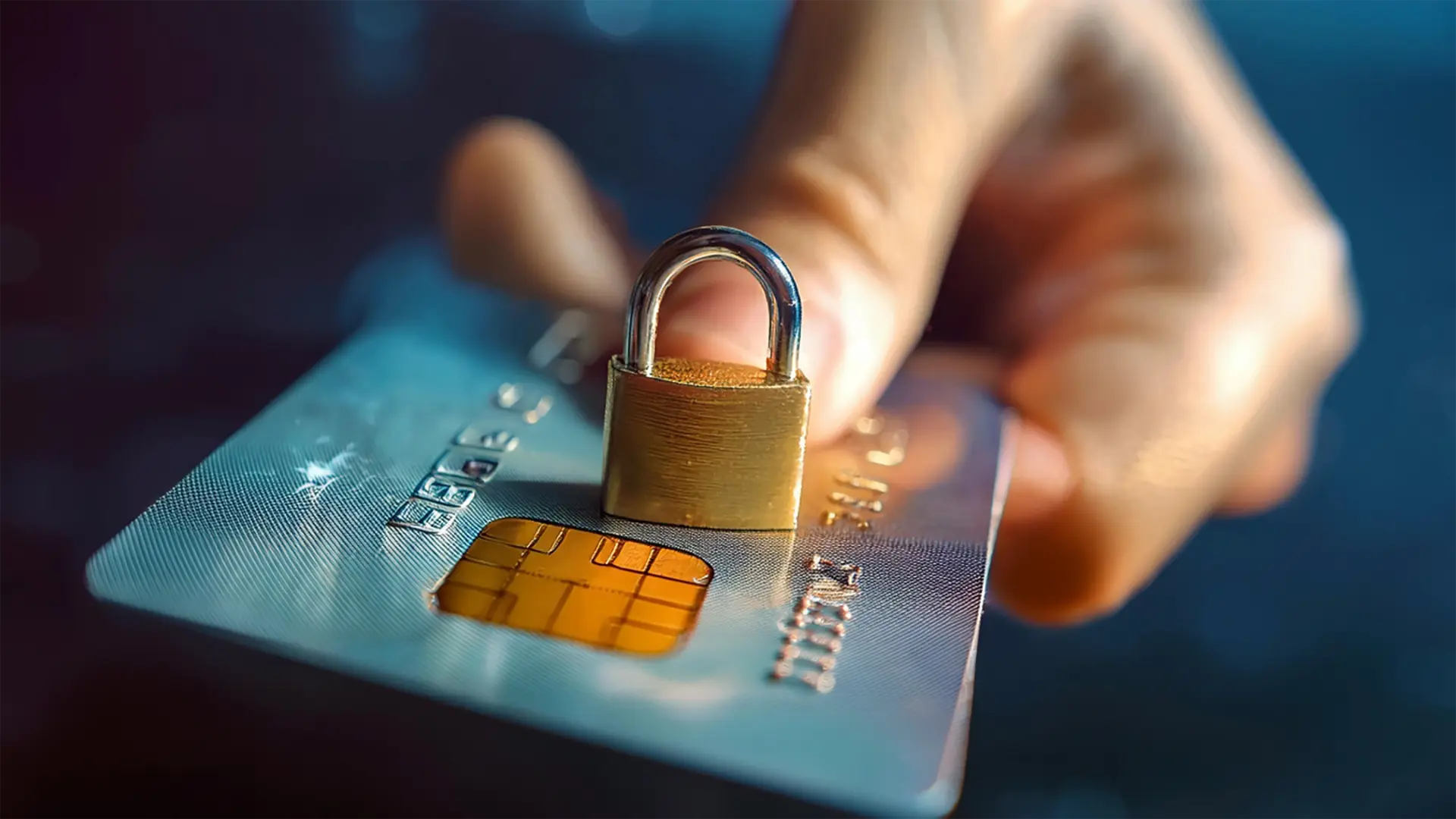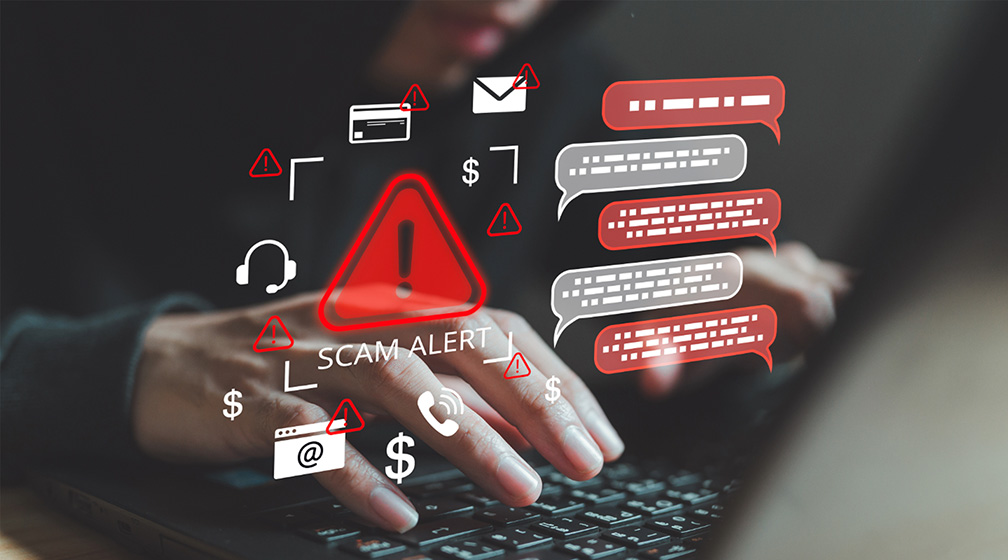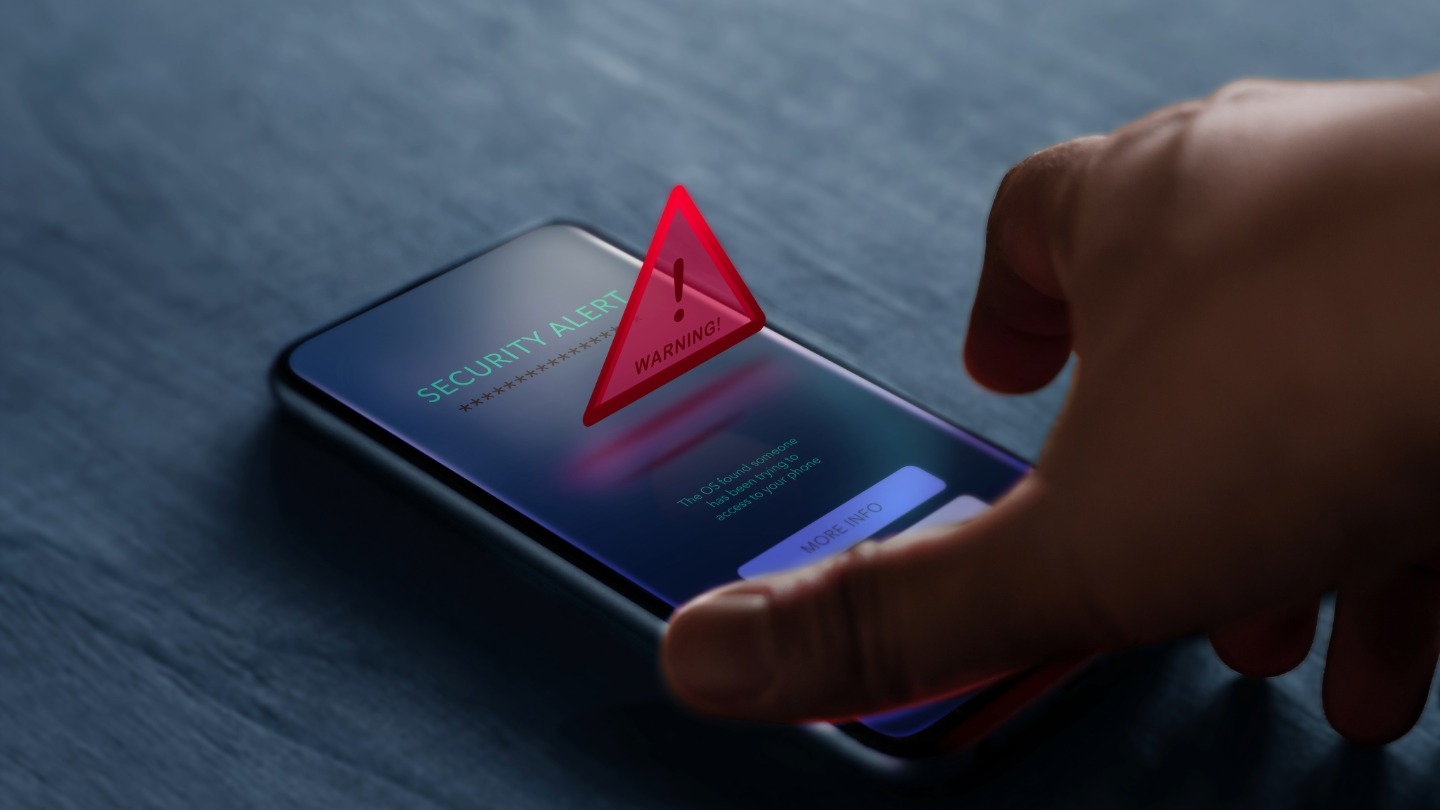
Everyone has a lot on their plates these days, so it’s understandably easier now more than ever to misplace things – and to have a moment of panic when you think you’ve misplaced something important. Many people might experience that clutch of anxiety over the feeling that they’ve lost their wallets.
In this article, we give you our top tips for actions you should take after losing your wallet and how you can help protect your identity.
What Is Identity Theft?
Identity theft is a severe crime that involves stealing personal information and using it for fraudulent purposes. If you've lost your wallet, it's essential to take immediate action to prevent identity theft.IdentityIQ offers effective solutions for identity theft protection, including credit report monitoring, fraud detection, and suspicious activity alerts. By acting quickly and using IdentityIQ, you can safeguard yourself and your personal information from identity theft.
11 Things to Do If You’ve Lost Your Wallet
If you’re lucky, you might quickly find your wallet left behind on the counter or fallen out of your pocket in the car. But if you can’t find it and have reason to believe it’s genuinely lost or stolen, taking swift action to help protect yourself from identity theft is essential to prevent further problems for yourself. Here are our top tips:
1. Make Note of Everything That Was in Your Wallet
It's essential to create a detailed list of everything that was in your wallet to form a recovery plan and prevent identity theft from happening. Be thorough when creating this list because overlooking even a single item could cause problems down the line.
2. File Police Report
If you’ve lost your wallet due to theft or any other illegal activity, you should immediately file a police report. Reporting identity theft to the police can help you prove that you were not responsible for any fraudulent charges made with your lost cards or stolen identity in the future.
3. Report Your Debit Card and Checkbook as Lost or Stolen
This is a crucial first step that you should take as soon as possible after you notice your items are missing, even while you’re waiting for the police to come to take a report. This is because if your account is drained of cash using your debit card or checkbook, there’s less protection than a credit card, so you need to get it locked down before the thief can access it.
4. Report Your Credit Cards as Lost or Stolen
Contact your credit card companies as soon as possible to report the loss or theft of your credit cards. However, it's important not to cancel your cards or close your accounts, as that would be a separate process with different consequences.
5. Consider Freezing Your Credit
Freezing your credit is an excellent way to prevent anyone from accessing new credit in your name. It's a good idea to do this immediately after your wallet is lost or stolen.
6. Set Up a Fraud Alert
Setting up a fraud alert prompts creditors to take extra steps to verify your identity before opening any new lines of credit. Thieves can use your information to open new credit card accounts or loans, so setting a fraud alert with the credit bureaus means that lenders and creditors have to take extra measures to verify your identity.
7. Replace Your IDs
It's crucial to replace any identification documents that were in your wallet, such as your driver's license or passport. Filing a police report can also help prove that you filed for a lost or stolen wallet when getting a replacement ID.
8. Contact the Social Security Administration (SSA)
If your Social Security card was lost or stolen along with your wallet, it’s important to take immediate action to protect yourself from identity theft. Contact the Social Security Administration to report the incident.
9. Change Your Passwords
Losing your wallet could compromise your email, credit card, or bank accounts. Therefore, you should immediately change your passwords to protect yourself from any unauthorized access.
10. Call the DMV
If you’ve lost your driver's license, report it to your local DMV immediately. This can help prevent someone from using your driver's license information to commit identity theft.
11. Contact Your Insurance Companies
If you've lost your wallet, it's likely that your medical insurance card was also in it. Therefore, you should report the loss to your insurer immediately to prevent any unauthorized access or fraudulent activity.
How to Protect Your Identity in the Future
To make sure you’re protected in the event you lose your wallet again, take the time to establish preventative measures.
Limit What You Keep in Your Wallet
Consider leaving important documents like passports, Social Security cards, and birth certificates at home. Only carry one piece of ID, like a driver’s license, along with your debit card and one credit card. This reduces the risk of exposing too much personal information in case of a future loss or theft.
Take a Photo of or Scan Important Items in Your Wallet
Take photos or scans of important items in your wallet such as driver’s licenses, credit cards, and debit cards. This will make it easier for you to replace them if they are lost or stolen.
Include Contact Information in Your Wallet
Include a piece of paper with your contact information in your wallet so that if it is found by someone honest, they can easily return it to you.
Consider Wallet Tracking Technology
Consider using wallet tracking technology like Tile, which is a thin, card-shaped device that fits into your wallet and connects to a smartphone app. If you misplace your wallet, the app can help you locate it within a specific range.
Get Identity Theft Protection
Sign up for identity theft protection. IdentityIQ can help you monitor your credit report, detect potential fraud, and alert you of suspicious activity. That way, you can act quickly to prevent any further damage from identity theft.
Bottom Line
Losing your wallet can be a frustrating and stressful experience. However, taking the necessary steps to protect your identity and prevent further damage can alleviate some of the anxiety.
Follow the tips outlined in this article so you can minimize the risk of identity theft and safeguard your personal information in the event of a lost or stolen wallet.
FAQs
Where should I check if I lost my wallet?
Check all the possible places where you might have misplaced your wallet, such as your home, office, car, or any public places you recently visited.
Can you track a lost wallet?
Yes, you can track down your lost wallet if you invest in a smart wallet tracker.
What are the chances of getting a stolen wallet back?
The chances of getting a stolen wallet back are low, but reporting the theft to authorities and monitoring your accounts is still important.
What do thieves do with stolen wallets?
Thieves can take the cash and valuables and use any credit or debit card found in the wallet to make unauthorized purchases or withdraw cash from ATMs. They may also use personal identification to commit identity theft.
Are you held liable for fraudulent charges made by thieves?
You are typically not held liable for fraudulent charges made by thieves if your wallet has been stolen, and federal law limits your liability for unauthorized charges. It’s important to report the theft and any unauthorized charges as soon as possible.
How does IdentityIQ help with lost wallets?
IdentityIQ provides a lost wallet protection form that helps you organize information from your cards. It enables you to proactively cancel your cards before identity thieves can compromise your financial assets in the event that you lose your wallet.
If your wallet and personal information have fallen into the hands of an identity thief, IdentityIQ has a team of fraud restoration experts ready to help recover your information and your identity.
What do police do with lost wallets?
Typically, if someone finds a lost wallet and turns it into the police, the police will attempt to locate the owner. They may contact the owner if identification or contact information is available in the wallet. If not, the police might keep the wallet in their possession for a certain period.
Is it common to lose your wallet?
Losing a wallet can happen to anyone, but the frequency varies from person to person. It's a common occurrence, especially in busy or crowded places. People often misplace or forget their wallets in public spaces, leading to instances of loss.
What should I do if I find someone else’s wallet?
If you find someone else's wallet, the best course of action is to try and return it to the owner. You can:
- Look for identification in the wallet, such as a driver's license, and contact the person directly if possible.
- Take it to the local police station.
- If you find the wallet in a business or public place, consider turning it into the staff or management.
What if I don't remember all the items that were in my wallet?
If you don't remember all the items in your wallet, it's still crucial to take steps to secure your personal information.
- Report lost credit or debit cards to your bank to help prevent unauthorized transactions.
- If you had identification in your wallet, such as a driver's license, consider reporting the loss to the appropriate authorities.
- Monitor your accounts and personal information for signs of misuse or identity theft.
- Consider getting a replacement for essential items, like identification cards or membership cards.







